Have you ever wondered what groundwater is and how it influences your well? Understanding the nuances of groundwater can greatly benefit anyone relying on a well for their water supply. Groundwater plays a crucial role in the health, efficiency, and sustainability of your well system. In this article, we will explore what groundwater is, how it forms, and the impact it has on your well. By the end of this discussion, you’ll have a solid grasp of groundwater’s significance and how it intersects with the functionality of your well.
Understanding Groundwater
What Is Groundwater?
Groundwater is the water that resides underneath the Earth’s surface, filling the tiny spaces in soil, sand, and rock formations. It is a crucial part of the Earth’s water cycle and provides a significant portion of the freshwater used worldwide. Much of the groundwater forms from rain seepage, where water percolates through topsoil and ventures deeper into the subsurface layers through processes known as infiltration and percolation.
How Does Groundwater Form?
For groundwater to form, precipitation must occur. After rain or snowmelt, this water infiltrates the ground, passing through layers of soil, sand, gravel, or rock. As the water travels down, it eventually reaches a region where all the spaces in the soil and rock are completely saturated with water. This is known as the water table, which marks the top of an aquifer — a body of rock or sediment that holds groundwater. The aquifer’s characteristics vary based on its composition, such as being made up of sand, gravel, limestone, or fractured rock.
Why Is Groundwater Important?
Groundwater is vital not only for human consumption but also for irrigation, industrial use, and maintaining healthy ecosystems. It provides drinking water for millions of people and is an essential resource for agricultural purposes. Additionally, it helps to maintain water levels in rivers, lakes, and wetlands, thereby supporting biodiversity and ecological equilibrium.
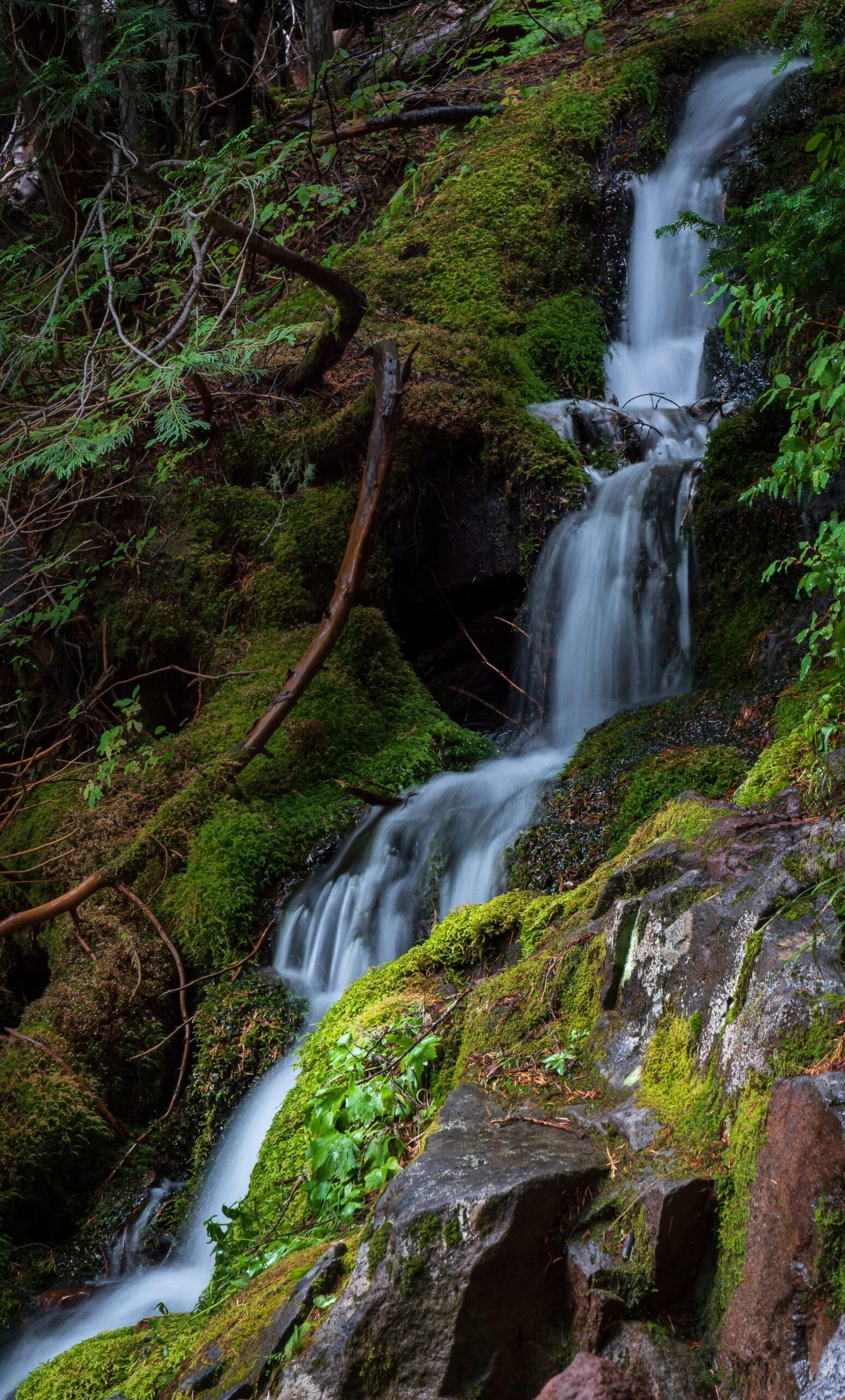
Groundwater and Your Well
What Is A Well?
A well is an excavation or structure created in the ground by digging, driving, or drilling to access groundwater in underground aquifers. Wells are essentially a portal to the groundwater below, providing a channel through which water can be extracted for various uses.
How Does Groundwater Feed Into A Well?
Wells tap into aquifers, and groundwater flows into the well through the saturated zone of the aquifer. It rises in the well to the level of the water table and can be extracted via pumps or naturally flow out in artesian wells under pressure. The method for accessing the water often depends on the depth of the aquifer and pressure dynamics within the system.
Types of Wells
Understanding the different types of wells can help you grasp how groundwater affects your well specifically:
| Type | Description |
|---|---|
| Dug Wells | Created manually or with machinery. These wells are shallow and rely on ground-level aquifers, making them susceptible to contamination. |
| Driven Wells | Made by driving a small-diameter pipe into soft soil or sand. These are suitable for shallow water tables and are typically not very deep. |
| Drilled Wells | Made using machines that can penetrate deep rock layers to access water. These wells can reach great depths and are often more reliable and uncontaminated. |
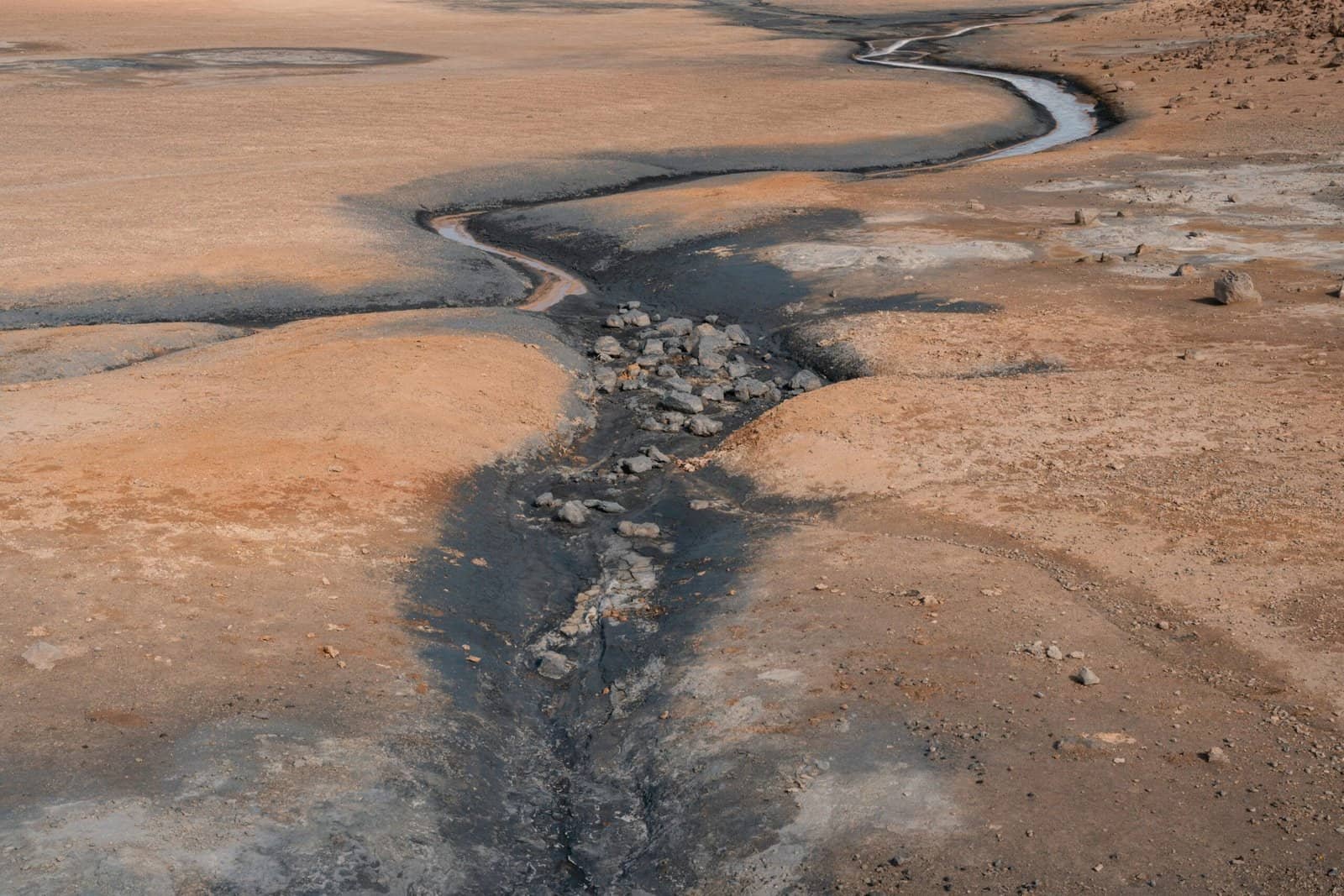
Factors Affecting Groundwater Levels and Quality
Seasonal and Climatic Effects
Groundwater levels can be affected by seasonal variations and climate patterns. During rainy seasons or periods of snowmelt, groundwater levels may rise, whereas they often fall during extended dry spells or droughts. Climate change also has long-term impacts, potentially altering precipitation patterns and increasing the frequency of extreme weather events, further influencing groundwater availability.
Human Activities
Human activities such as agriculture, industrial operations, and urban development can influence groundwater levels and quality. Over-extraction of water for irrigation, waste disposal, and construction can lower water tables. Pollution from industries or improper waste disposal can contaminate groundwater, affecting its suitability for consumption.
Natural Geological Processes
The geology of an area plays a significant role in determining groundwater characteristics. The type of rock or sediment influences how water moves through an aquifer and its storage capacity. Natural processes like erosion, landslides, and subsidence can also impact groundwater movement and availability.
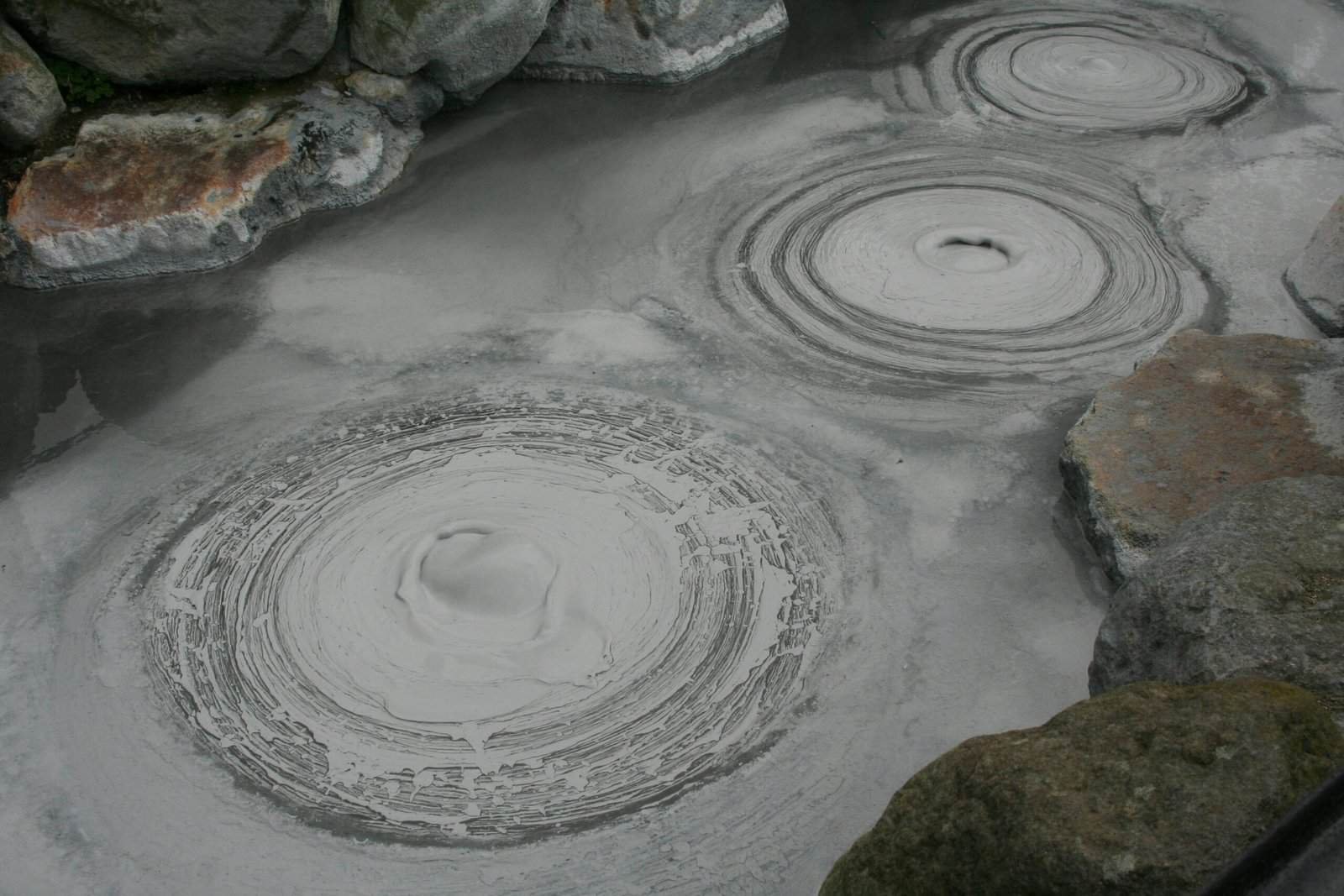
How Groundwater Quality Impacts Your Well
Contaminants in Groundwater
Potential contaminants that can affect groundwater quality include agricultural runoff, industrial waste, and natural mineral deposits. Pesticides, fertilizers, heavy metals, and other pollutants can seep into aquifers, posing health risks if the water is used without proper treatment.
Common Well Water Contaminants
| Contaminant | Source | Potential Health Impact |
|---|---|---|
| Nitrates | Agricultural fertilizers, animal waste | May affect oxygen transport in blood |
| Arsenic | Naturally occurring, industrial processes | Linked to skin lesions, cancer |
| Bacteria/Pathogens | Sewage, animal waste | Can cause gastrointestinal diseases |
| Hardness Minerals | Natural deposits of calcium, magnesium | Not harmful but can affect plumbing |
Testing and Ensuring Water Quality
Regular testing of your well water is crucial to ensuring it is safe for consumption. It’s advisable to test for bacteria, nitrates, and other contaminants that may vary based on local industrial and agricultural activities. Using appropriate filtration and treatment systems can mitigate contamination risks and ensure your water remains clean and clear.
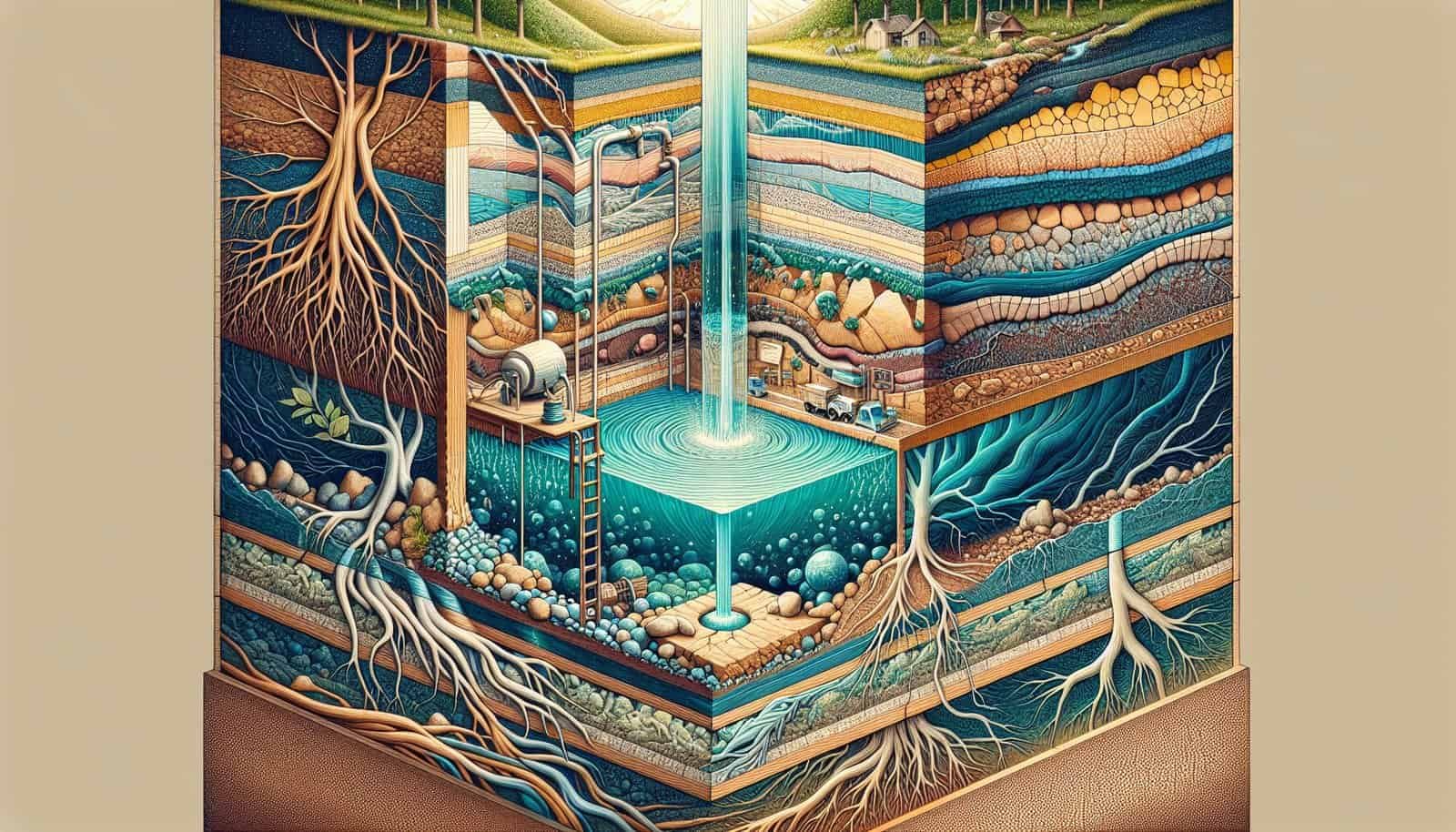
Maintaining Your Well System
Regular Inspections
Routine inspections of your well and its components can help identify potential issues before they become serious problems. Checking for signs of wear, ensuring seals are intact, and observing water clarity and flow can aid in maintaining a healthy well.
Well Cleaning and Treatment
Periodic cleaning and treatment can address bacterial growth and mineral buildup. Proper maintenance includes disinfection, which can be achieved using chlorine or other approved sanitizers, and avoidance of substances that could cause chemical contamination.
Managing Water Usage
Being mindful of water usage helps ensure sustainable groundwater levels. During periods of drought or low precipitation, reducing water consumption can maintain the water table, protecting your well’s supply.
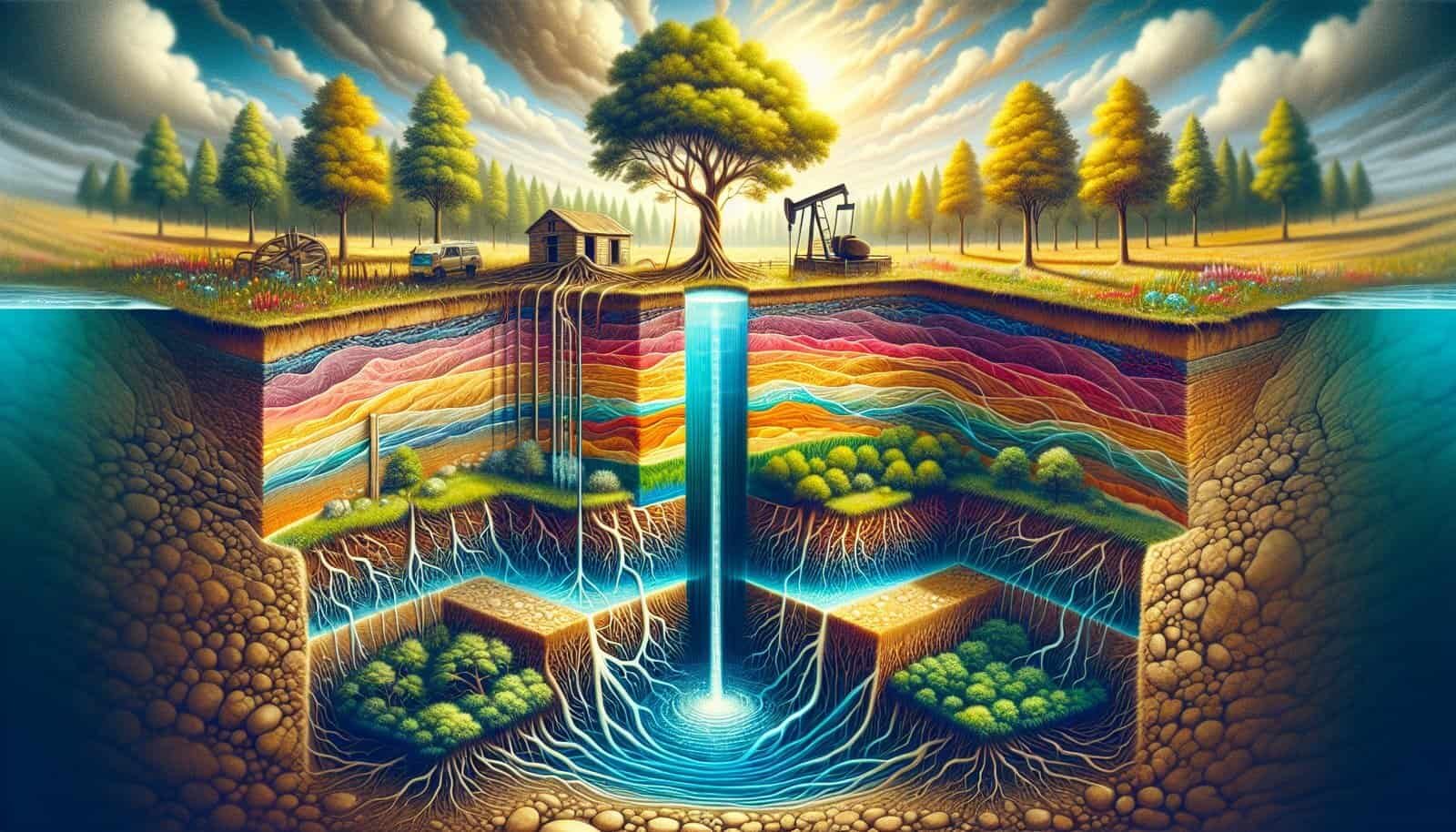
Conclusion
Understanding the intricate connection between groundwater and your well armors you with the knowledge necessary to manage and preserve this vital resource effectively. Whether you’re facing drought conditions, contamination concerns, or simply aiming to sustain a reliable water supply, recognizing how groundwater dynamics affect your well enables you to take proactive measures. By adhering to regular maintenance, testing, and responsible water management, you ensure the health and longevity of your well, safeguarding your access to clean, reliable water for years to come.
